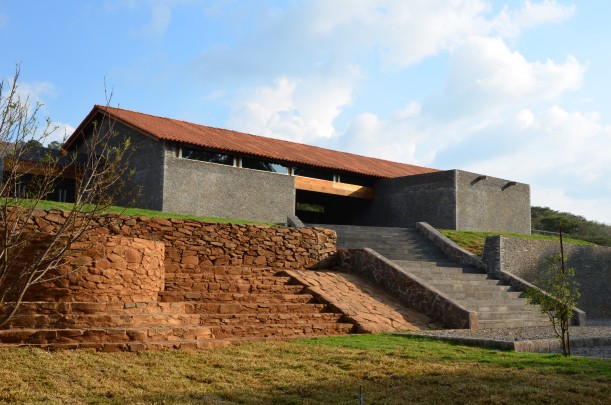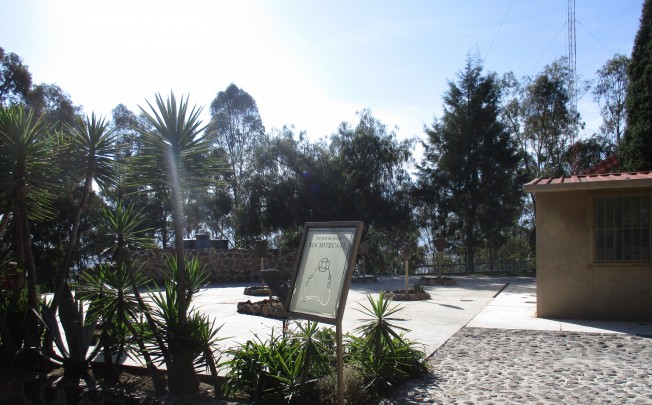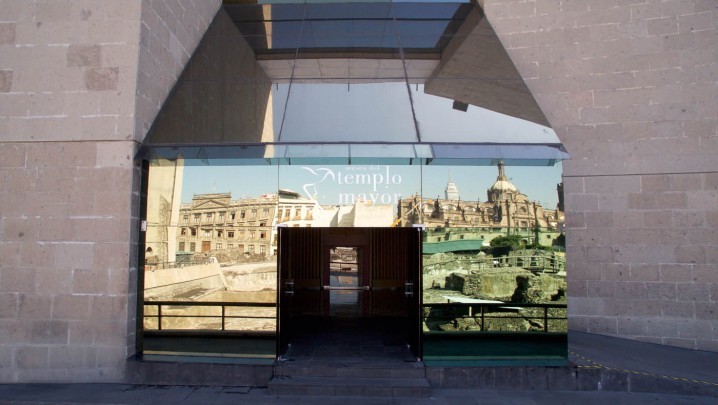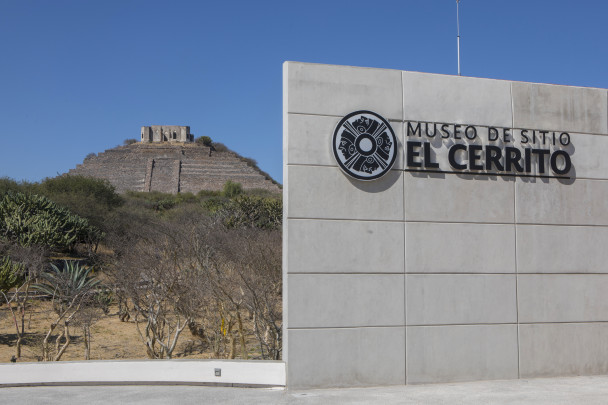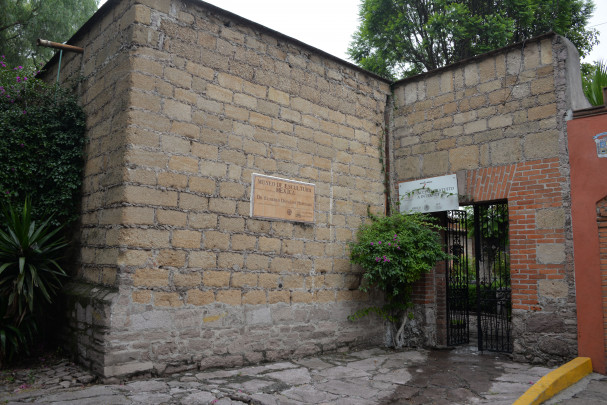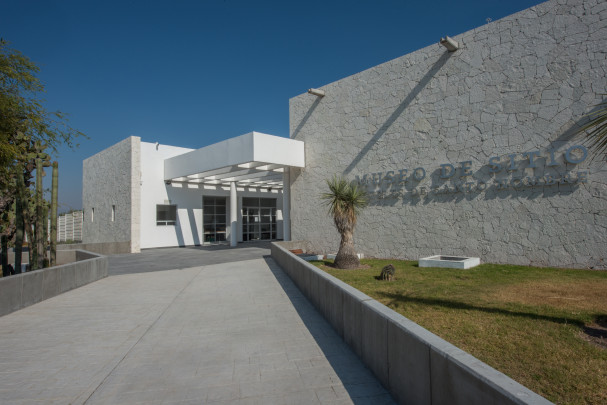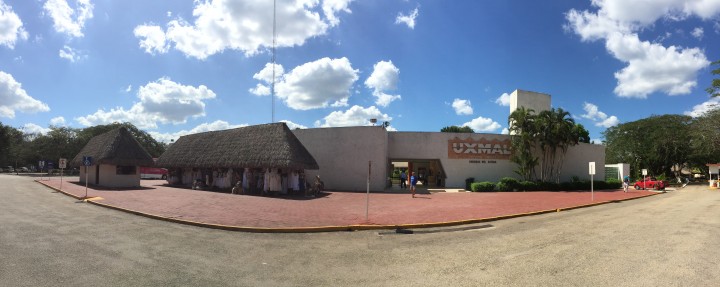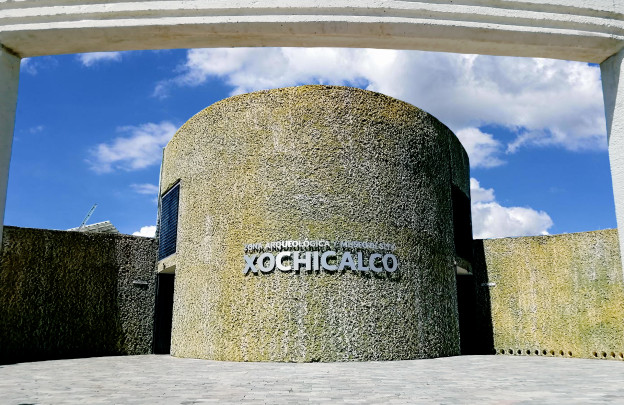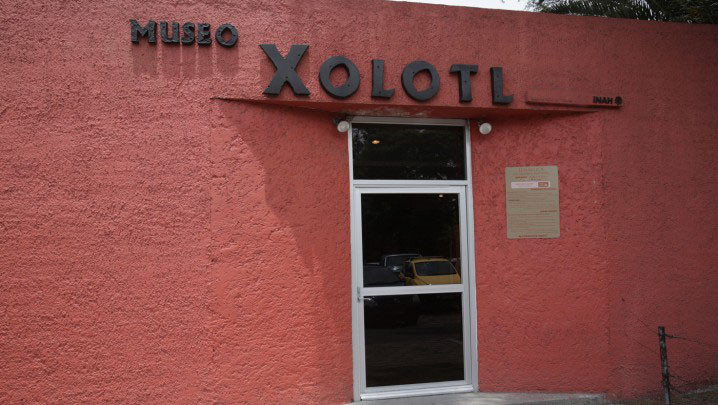INAH Museums Network
128 Museums
Archeological site
Shows the development of the Tarascan capital and its inhabitants who were notable silver and goldsmiths, potters, unvanquished warriors and builders of yacatas (round based temples). A glimpse of the religion, wars and working lives of these town dwellers.
Michoacán
Archeological site
Since the eighth century BC the ancient Tlaxcalan culture ascribed women preeminent roles as givers of life, wise women and governors. This was exceptional in Mesoamerica. The museum has a multitude of artifacts testifying to the fact: ceramics, ornaments, offerings and utensils.
Tlaxcala
Archeological site
The Great Teocalli (temple) that amazed the Conquistadors remains a testament to the magnificence of the Tlatoani chiefs and the religiosity of their people; it was also the cosmic center of Mexica rule. A unique museum showing the remains of the original construction and its valuable monuments.
Ciudad de México
Archeological site
The museum presents the history of the archeological zone, taking the Toltec worldview as its starting point. The El Cerrito site is the northernmost ceremonial center in Mesoamerica and the site museum exhibits items recovered during the excavation. It is the museum for the most important archeological zone in the state of Querétaro, covering 350 square meters.
Querétaro
Archeological site
This late-eighteenth-century retreat for the pulque magnates of Tlalnepantla now displays Mexica stone sculptures and pottery depicting nature, men and the gods, all within the setting of a stately residence.
Estado de México
Archeological site
Teteles de Santo Nombre is the largest Pre-Hispanic city of the Tehuacan-Zucatlan region. The site museum displays part of the history of one of the most important urban settlements in the central region of Mexico from the Classic period.
Puebla
Archeological site
Shows the ancient technique for collecting and storing rainwater: cysterns, tanks, ducts and drains. It also houses some fine Puuc style sculptures: religious and stately pieces, examples of writing and the village. It shows how the ancient Maya lived in close harmony with nature.
Yucatán
Archeological site
An ecological museum, a pioneer in Mexico, which through its rooms narrates the history, environment, worldview, technology, contributions and development of the indigenous city of Xochicalco.
Morelos
Archeological site
The first Chichimec city in the Valley of Mexico, before they settled in Texcoco. An impressive pyramid has two temples on the top dedicated to Tlaloc and Huitzilopochtli, inspired by the great Teocalli of Tenochtitlan. The museum reconstructs the city and narrates its history from the twelfth century A.D.
Estado de México

